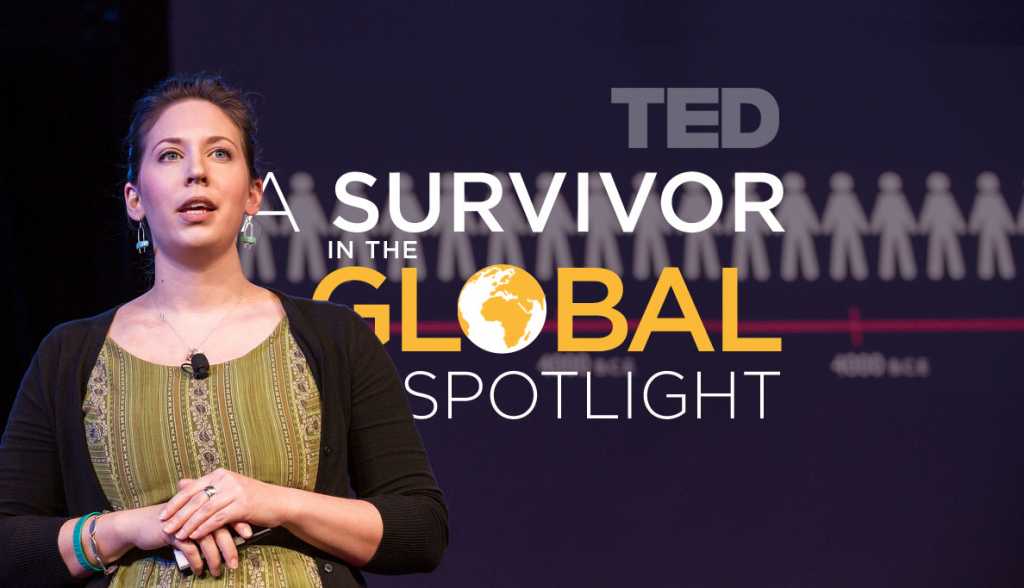Page 43 • (459 results in 0.085 seconds)
-
theory and frameworks used by educational organizations, particularly in the creation and maintenance of organizational identity; (b) knowledge and skill of policy formulation, evaluation, and advocacy; including, methods of influence, building strategic alliances, and setting policy agendas; (c) the role of the educational leader in working with multiple constituencies (government, legislature, lobbyists, special interest groups, media); and (d) purposes and effective strategies for building teams
-
sections. In the first half of the course, we will read scripture, theology, and social theory as we work to define religion, to understand the origins of violence motivated by religion, and to analyze terrorism associated with religion. In the second half of the course, we will read historical essays and ethical arguments about the role of religion and violence in American history. Students will write two major essays, contribute regularly to online and in-person class discussions, and lead a seminar
-
international tour every four years. We also offer a beginning jazz theory course for all music majors. Is there a jazz concentration in the music degree?No, there is not. There is a specialized concentration in the music MINOR, but not a jazz degree per se. Nevertheless, there is plenty of opportunity to play in the big band, combos, and learn improvisation and jazz styles. If you want to zero in on jazz, a BMA or BA degree rather than the more “classical”-oriented BM degree would be the way to go. What
-

experience: My PLU experience has been truly life-changing. As a first year, I would have never been able to guess what kind of journey I was about to embark on. During my time at PLU, I met many lifelong friends – including the girl that I get to marry! On top of that, I had learning opportunities that challenged me both academically and as an individual. Zachary Grah ’13 is from Puyallup, Wash. The school of business combined theory with relevant projects involving real organizations. This education
-

it a field—now it is, but a very, very small field.” A small field, maybe—but one with potentially huge impact. “She is on the ground floor of a relatively new field that has the possibility of making all kinds of great insights into cancer in the evolution of history,” Ryan said. As Hunt and other researchers unearth more and more ancient evidence—breast cancer in 3500 B.C. Egypt, osteo-sarcoma in a T. rex femur—Hunt has formed an intriguing theory: She believes cancer is inherent in human
-
the rapidly changing Norwegian culture and society and Norway’s active engagement in defining and redefining its roles internationally and within its borders Examine the Norwegian approach to contemporary issues in a central location with engaged faculty whose specialties include Peace and Conflict Studies, African Studies, International Relations, Middle East Studies, Polital Theory and more Study in English alongside Norwegians majoring in Peace & Conflict and International Studies Immerse
-
in evaluating systems theory and frameworks used by educational organizations, particularly in the creation and maintenance of organizational identity; (b) knowledge and skill of policy formulation, evaluation, and advocacy; including, methods of influence, building strategic alliances, and setting policy agendas; (c) the role of the educational leader in working with multiple constituencies (government, legislature, lobbyists, special interest groups, media); and (d) purposes and effective
-

around campus like concerts and games! PLU offered the opportunity for me to simultaneously pursue my passion for engineering and my love of music, and I just could not turn down an opportunity like that. My PLU experience: Adventure, growth, friends, Frisbees, The Big Bang Theory, music, and trebuchets. Over my four years I have grown as a student, musician, scientist, human being, and global citizen. I have learned the value and importance of community from my friends and mentors in the alumni
-
To permit undergraduate students to relate theory and practice in a work situation. The title will be listed on the student term-based record as Intern: followed by the specific title designated by the instructor in consultation with the student. (1 to 4) RELI 499 : Capstone: Research Seminar - SR Intended for and required of majors. Discussion of common readings and a major research and writing project with public presentation around the student's area of interest. Does not fulfill the Religion
-
no “animal studies program” in any American university. In fact, the phrase “animal studies” does not even exist except as I am here using it informally. Even making the comparison between animals and historically oppressed people is much more likely to offend the people involved than ennoble the cause of animals. This even though many feminists, like Carol J. Adams in The Sexual Politics of Meat: A Feminist-Vegetarian Critical Theory (Continuum 1990), have argued animals and women have both been
Do you have any feedback for us? If so, feel free to use our Feedback Form.


